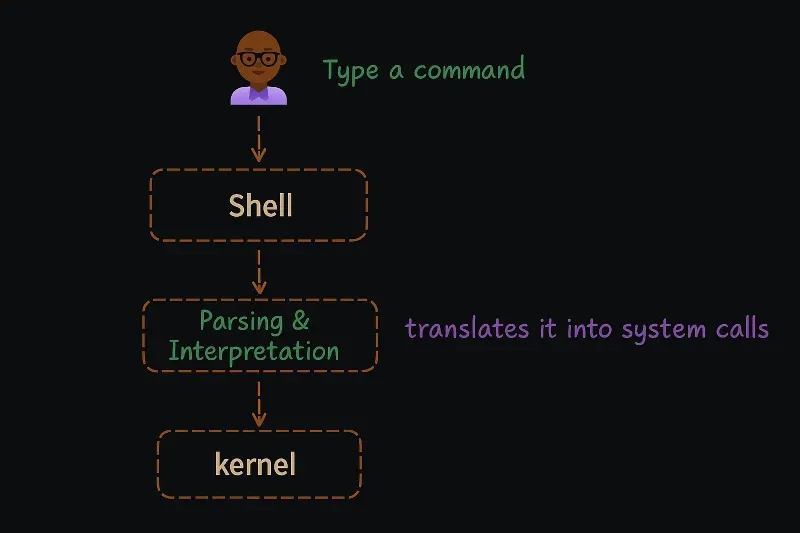Chapter #1: What Is a Shell Script and Why Use It?
This bash scripting series is perfect for beginners, aspiring sysadmins, or anyone looking to level up their Linux automation skills.

Bash stands for "Bourne Again Shell", which is an improved version of the original Unix shell developed back in the 1970s. Bash was introduced in 1989 and quickly became the default shell for most Linux systems.
Bash is how we interact with the Linux system. In simple terms, a shell script or Bash script is a way to tell Linux what to do. Whether you're creating files, adding users, or configuring networks, shell scripts make it all faster and easier.
While you can type individual commands in the terminal, a Bash script is a collection of commands written in a file to automate tasks. It’s like writing a mini program that takes care of the work for you, saving time and effort.
What’s the Difference Between Shell, Bash, and Bash Script?
This may be confusing at first, and many beginners don't clearly understand how this works or the difference between the terms Bash, Shell, and Bash Script.
What Is Shell?
A Shell is a command-line interface that acts as a bridge between you (the user) and the Linux system. It takes your commands, passes them to the system, and returns the output.
Here’s how it works:

You open the terminal, which is an application used to write commands. When you type a command, the shell reads it, parses it, and translates it into something the kernel (the core of the Linux system) can understand. This process is called a system call. The kernel then executes the command and returns the result to your screen.
What is Bash?
Bash is just one type of shell. In fact, there are several types - like sh (Bourne Shell), csh (C Shell), zsh (Z Shell), and others. Each has its own features and syntax.
But among them, Bash is the most popular and widely used, especially in Linux environments. That’s why when we talk about writing scripts, we often say Bash Script.